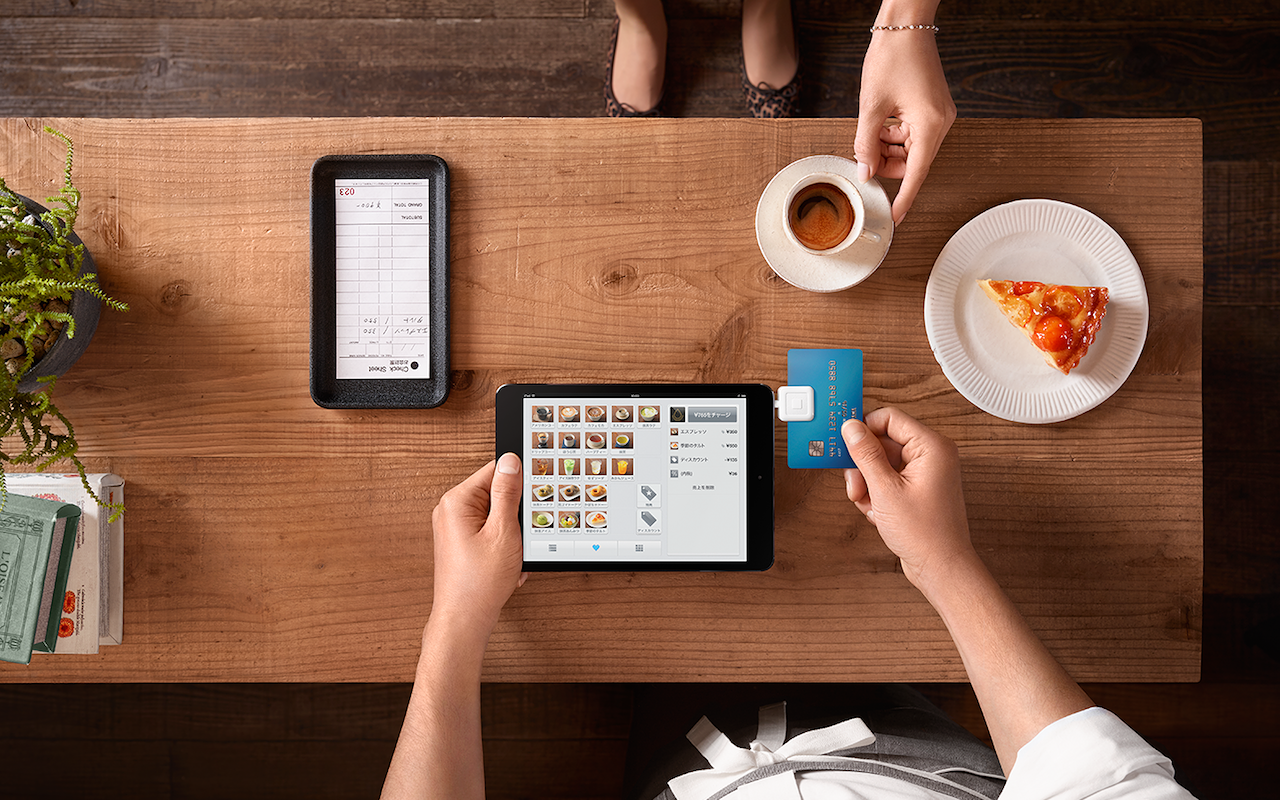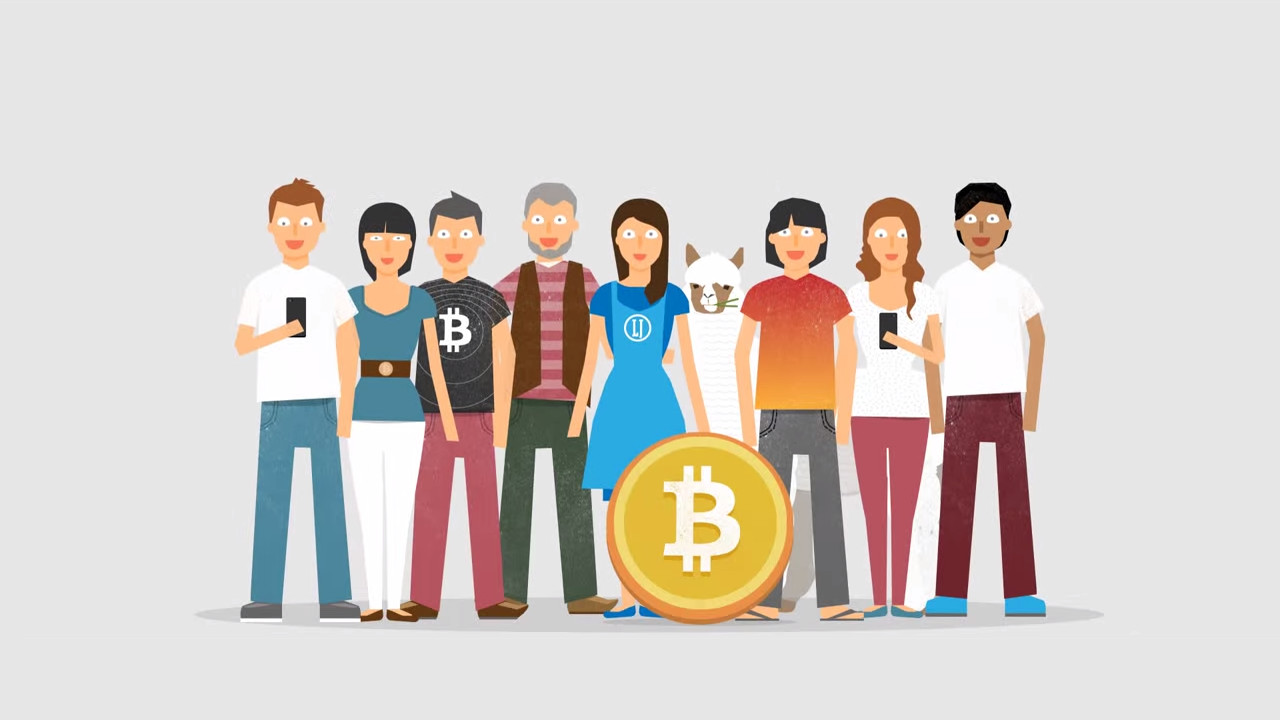Throughout these blogs we have addressed how mobile pay has affected businesses and banking. In today’s post we plan to show the importance of mobile pay for businesses, how they are integrating mobile payment into their functionality, and what it means for business competition moving forward.
Firstly, we should examine what businesses are benefitting from the adaption of mobile payment. A common consensus amongst experts is that any business that offers a service or sells a product should have a way to accept mobile payments1. This seems simple and straightforward because it is. The U.S. alone has roughly 123 million smart phone users and leading business professionals agree that every business should be prepared to accommodate their customers in the most convenient method possible, which includes accepting mobile payment1. Businesses cannot afford to be left behind in today’s market, making mobile payment a must have technology.
Now we can examine how businesses are integrating mobile payment into their service model. For mobile payments like PayPal or Bitcoin, businesses must simply create accounts or ‘wallets’ with these services to be able to accept the payment method2. For PayPal, corporate accounts come with transaction fees, but for most businesses the fee is insignificant compared to the increased cash flow, especially if the business operates online2. For other mobile payment methods we’ve discussed, such as Apple or Samsung Pay, businesses need two things: a terminal that can accept mobile payments (typically NFC readers) and registration with the mobile pay provider2. Any modern sales terminal that can process tap card payments will have NFC functionality2. To register with mobile pay providers businesses must often pay sign-up fees and transaction fees, however these are also often cancelled out by the business mobile payment can attract2. A third, and more recent method of accepting mobile pay is a mobile point-of-sale technology (mPOS)1. This technology allows anyone to plug the mPOS machine into their internet enabled smart phone and have the phone act as the terminal1. The mPOS can accept credit or debit cards as well as registered mobile pay providers, giving businesses a massive mobility and convenience boost when looking to accept payment.

Finally, we can examine how mobile payment is changing the landscape of business competition. For traditional, established businesses, mobile payment simply presents a new technology to stay up to date with. If these businesses fail to join the mobile pay party they may find themselves less profitable. Although, by adopting mobile pay at this stage in it’s life cycle the competitive advantage is mitigated somewhat by the fact that all tech-savvy competitors are utilising it too. Mobile payment options present the greatest advantage to independents or entrepreneurs3. These small businesses or start-ups that don’t have the economies of scale available to large firms are now able to utilise mobile payment and mPOS technologies to compete on a larger scale3. Start-ups are now able to accept payment as soon as they sell a good or perform a service (no more invoicing or manual payment processing), they have access to the funds right away (as opposed to waiting for cheques to clear), and affordable mPOS options grant them these opportunities at very low costs3. The rise of mobile pay is a strong contributor to the rise in competitive equality amongst firms of all sizes.
Technological advances have always been key in a developing and interconnected business world. Mobile payment is a key example of how businesses can, and must, utilize technology to enhance their functionality and compete in the market.
Footnotes
1 Lonoff Schiff, Jennifer. (Jan 29, 2013). How a Mobile Payment Service Can Grow Your Business. CIO Magazine. Retrieved From http://www.cio.com/article/2388694/e-commerce/how-a-mobile-payment-service-can-grow-your-business.html
2 Intuit. (2016). What Mobile Payments Mean for Your Small Business. Intuit Quickbooks. Retrieved From http://quickbooks.intuit.com/r/getting-paid/what-mobile-payments-mean-for-your-small-business/
3 Madden, Sam. (Nov 19, 2014). How Mobile Payment Apps are Energizing Businesses That Live on Cash Flow. Entrepreneur. Retrieved From https://www.entrepreneur.com/article/239604
3 Madden, Sam. (Nov 19, 2014). How Mobile Payment Apps are Energizing Businesses That Live on Cash Flow. Entrepreneur. Retrieved From https://www.entrepreneur.com/article/239604


